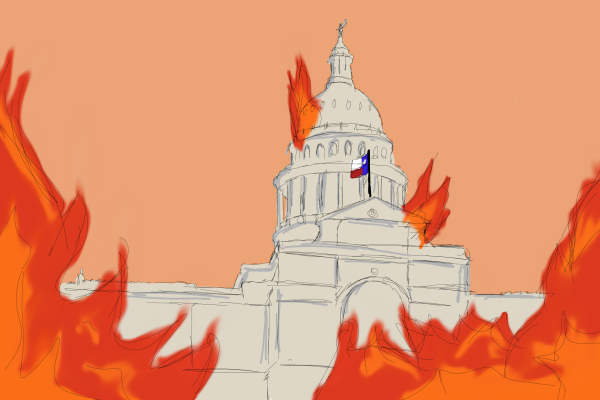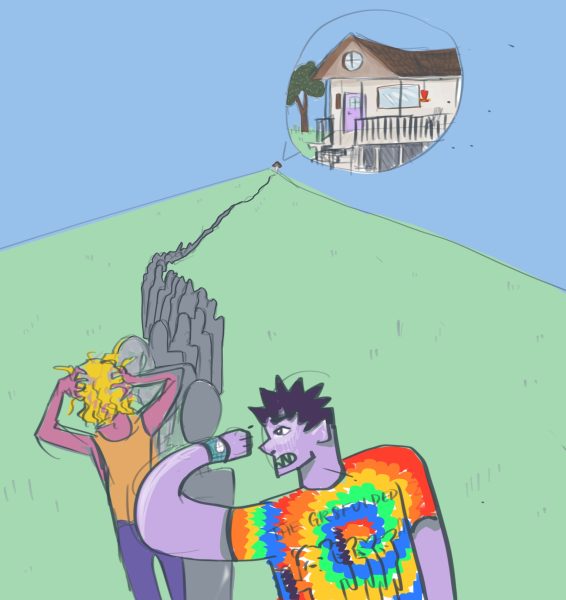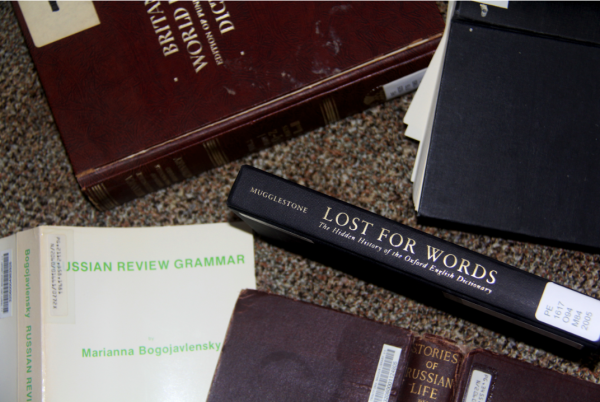It’s time to cancel the cancel culture debate
It’s time to put the cancel culture debate to rest
A few weeks ago, Nintendo announced the cast of a Super Mario movie set to come out in 2022 to somewhat… mixed reactions. People were generally happy about the idea of Jack Black as Bowser and Anya Taylor-Joy as Peach, and intrigued to see what Keegan-Michael Key would do as Toad, but there was one casting that was met with more mockery: Chris Pratt as Mario. Aside from just fearing being subjected to Pratt’s best attempt at an Italian accent, people were upset to see Pratt continue to book such high-profile roles.
Pratt, like so many other celebrities in this Internet age, has been cancelled. The story of how he became persona non grata with Twitter (and dubbed the worst Hollywood Chris) is a bit complicated to explain; different people have different justifications for their disdain. Some cite his assumed conservative beliefs, some criticize the speed and circumstances of his divorce and remarriage, and some, like actor Elliot Page, point out that he attends the “infamously anti-LGBTQ” Hillsong Church. Though, if he is so despised, how does it follow that his career hasn’t suffered at all?
Cancel culture is a much-discussed, much-debated topic, though it has become a difficult thing to describe now that it has been linked to so many other debates. (Can a company choosing to change its name from Aunt Jemima to Pearl Milling Company or from Mr. Potato Head to just Potato Head really be considered “cancelling”?) Most basically, it is a form of public shaming in which someone is thrust out of a social or professional circle, often for a certain opinion or action, i.e. “cancelled.” The term is thrown around a lot with celebrities or other influencers, though it doesn’t necessarily just affect the famous and wealthy.
Often, those participating in cancel culture see it as a way to hold the rich and powerful accountable. Canceling even began as a tool for marginalized groups to assert their values when public figures would commit wrongdoings and still maintain positions of power (the phrase itself originates in Black culture). Those who decry cancel culture, at the most extreme, weaponize the phrase and label just about anything as unjust “canceling,” and at the least extreme, worry that cancel culture limits the realm of acceptable thought and that one mistake could be costly. For all this debate, one important factor is rarely considered: cancel culture frequently doesn’t really do anything, at least not to those who it’s supposed to keep accountable.
Rich celebrities often have much to say about cancel culture and the ways that it’s ruining society. Take for example J.K. Rowling signing a letter criticizing cancel culture or Ricky Gervais (or a million other comedians) dunking on those who partake in the practice for not being able to take a joke. Despite all their complaining, very rarely does it seem that their livelihoods are affected.
J.K. Rowling has been a particularly avid opponent of cancel culture, following her own cancellation in the summer of 2020 over a series of tweets and an essay that many saw as transphobic. Her cancellation was even a bit more serious than Pratt’s; while much of the reasoning behind his cancellation is a bit speculative, Rowling has doubled and tripled down on her transphobic rhetoric time and time again. That’s not the kind of thing that people forget, and yet I’d be willing to bet that the best-selling “Harry Potter” author hasn’t taken much of a hit to her bottom line.
Really, the only people who actually have their lives ruined by cancellation are those who committed literal crimes (your Kevin Spaceys, Harvey Weinsteins and what have you) and smaller creators, especially those with a fanbase of mostly marginalized groups.
You see, in a lot of cases, people quickly forget about whatever cancel-worthy thing a celebrity did as soon as the next thing comes along. In others, the celebrity who gets cancelled has a fanbase mostly made up of people who don’t really care about the issue that they were cancelled over. I’m sure that no white male adults are losing any sleep over Chris Pratt’s alleged political beliefs.
And even when people do get more firmly cancelled, it doesn’t always affect their careers too much. There is a natural desire to still consume the content that you love even when you know that the person behind that content is problematic. Thus, we have the “separate the art from the artist” mentality, where you can still enjoy an artist’s work while acknowledging that they are problematic. Problem is, the problematic person behind the work is still making money off your consumption of it. This is not to say that you should be barred from enjoying something you love because a problematic person could make money off it, though. This is a very complicated issue.
Ultimately, the reason the debate over cancel culture has always felt so exhausting to me is because of the minimal effects that it has on the people that are usually at the center of these debates: the rich and famous. Studios aren’t going to stop casting Chris Pratt in big new projects anytime soon. J.K. Rowling isn’t going to stop making money off of “Harry Potter” sales. Not to mention, the debate has become so polarized and all over the place that people mistake any criticism of anything or anybody as “cancelling.” It’s time to start focusing on real issues and put the current cancel culture debate to rest.

Hello! My name is Sarah, and I'm a senior from Nashville, TN majoring in communication and Spanish with a minor in history. I've been with the Trinitonian...

Hi, my name is Jaida and I am an illustrator for the Trinitonian. I am double majoring in international studies and art and I started working for the trinitonian...










